What is Ethical Beekeeping? And Why It Matters
In a world increasingly focused on sustainability and compassion, ethical beekeeping has emerged as a vital practice that not only protects bee populations but also ensures the integrity of the products we consume. As bees play an essential role in maintaining ecological balance and global food production, how we care for them has significant consequences. Therefore, understanding ethical beekeeping becomes not just relevant—but necessary.
Understanding Ethical Beekeeping
At its core, ethical beekeeping prioritizes the well-being of bees over commercial gain. Unlike industrial beekeeping, which often focuses on maximizing honey output at the cost of bee health, ethical beekeepers choose practices that align with nature. They view bees not merely as honey producers but as sentient contributors to biodiversity.
To illustrate, ethical beekeepers allow bees to keep enough of their honey to survive the winter. Rather than substituting their food with sugar syrup or artificial feed, they ensure that colonies retain their natural nourishment. This decision fosters stronger, healthier bees with greater resilience.
Why It Matters
Without bees, the pollination of fruits, vegetables, and nuts would decline drastically. However, when commercial practices exploit hives, they weaken colonies and contribute to issues like Colony Collapse Disorder (CCD). Consequently, ethical beekeeping acts as a solution—one that safeguards bees, biodiversity, and ultimately, food security.
Moreover, when consumers support ethical beekeeping, they encourage transparency and responsible agriculture. This, in turn, creates demand for sustainably sourced honey and bee products, pushing the industry toward better standards.
Key Principles of Ethical Beekeeping
To truly understand ethical beekeeping, it’s important to recognize its guiding principles:
-
Respect for Natural Behavior
Ethical beekeepers avoid unnecessary interference with the hive. They let bees build natural comb and allow them to swarm—a process essential for colony reproduction. -
Humane Hive Management
Instead of using chemical treatments for pests and diseases, ethical beekeepers opt for natural remedies and hive hygiene. They monitor health proactively rather than reactively. -
Seasonal and Minimal Harvesting
Honey is harvested only after the bees’ needs have been met. The focus remains on balance—not profit. -
Protection of Wild Bee Habitats
In addition to maintaining hives, ethical beekeepers often advocate for wild bee conservation. They plant pollinator-friendly gardens and work to reduce pesticide use in their communities.
Benefits Beyond the Hive
Choosing ethically harvested bee products doesn’t just benefit bees—it impacts your health too. Because ethical practices avoid synthetic treatments and stress-inducing methods, the honey, propolis, and pollen produced are purer and richer in nutrients. Furthermore, this approach supports local ecosystems, reduces environmental harm, and builds consumer trust.
How You Can Support Ethical Beekeeping
Fortunately, making a difference is simpler than you might think. Here are a few actionable steps:
- Buy Local and Raw Bee Products: These are more likely to come from small-scale ethical beekeepers.
- Ask Questions: Inquire about harvesting practices, hive care, and sustainability.
- Grow Bee-Friendly Plants: Even a small balcony garden can provide vital nectar and pollen.
- Educate Others: Spread awareness about the importance of bees and the value of ethical practices.
Final Thoughts
As we move toward a more conscious and connected future, ethical beekeeping serves as a powerful example of how our choices can align with nature. By prioritizing the welfare of bees, we create ripples that benefit the environment, our health, and future generations. So next time you drizzle honey on your toast or sip it in your tea, consider its source—and choose the path that supports life, not just sweetness.
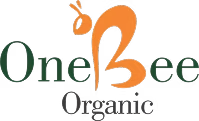
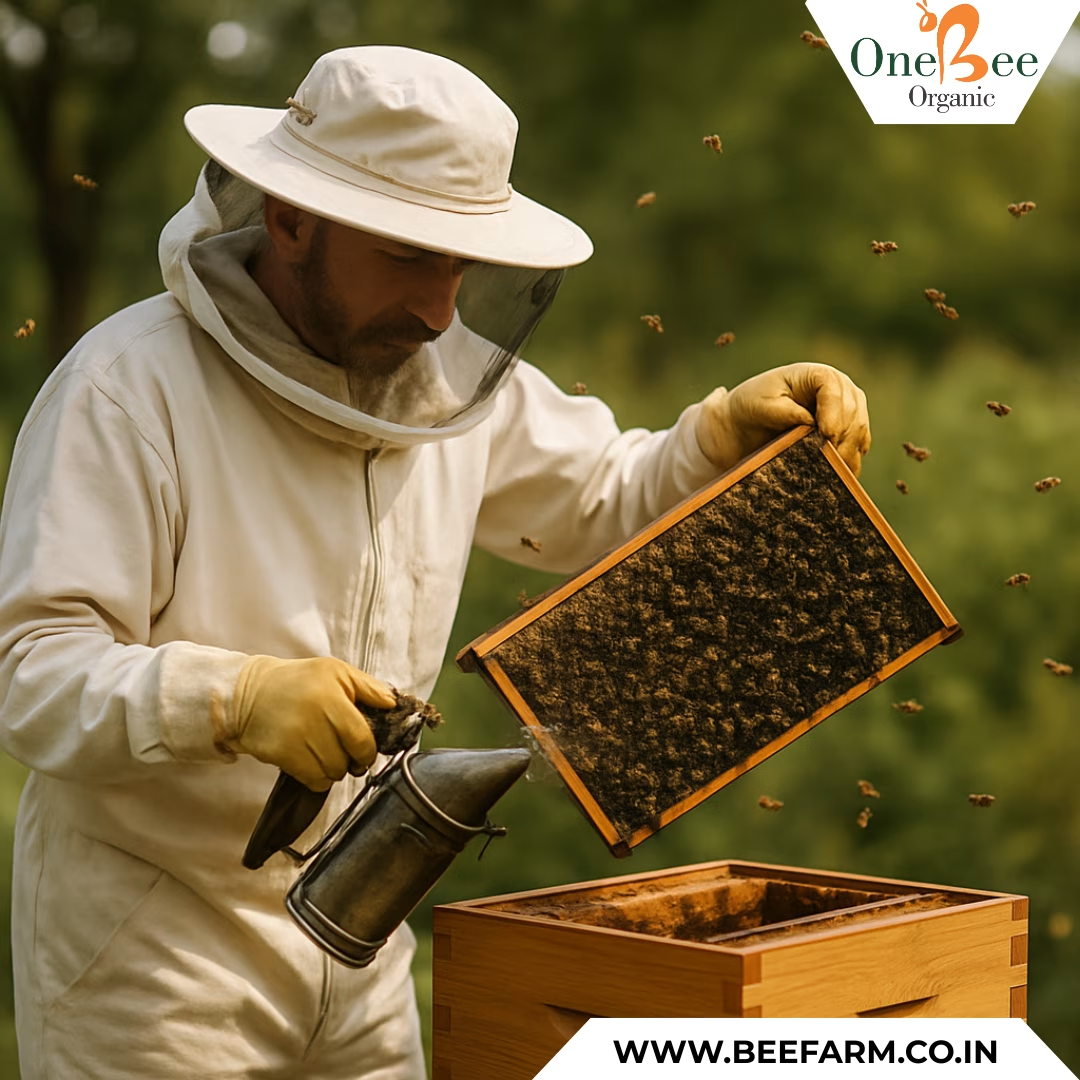
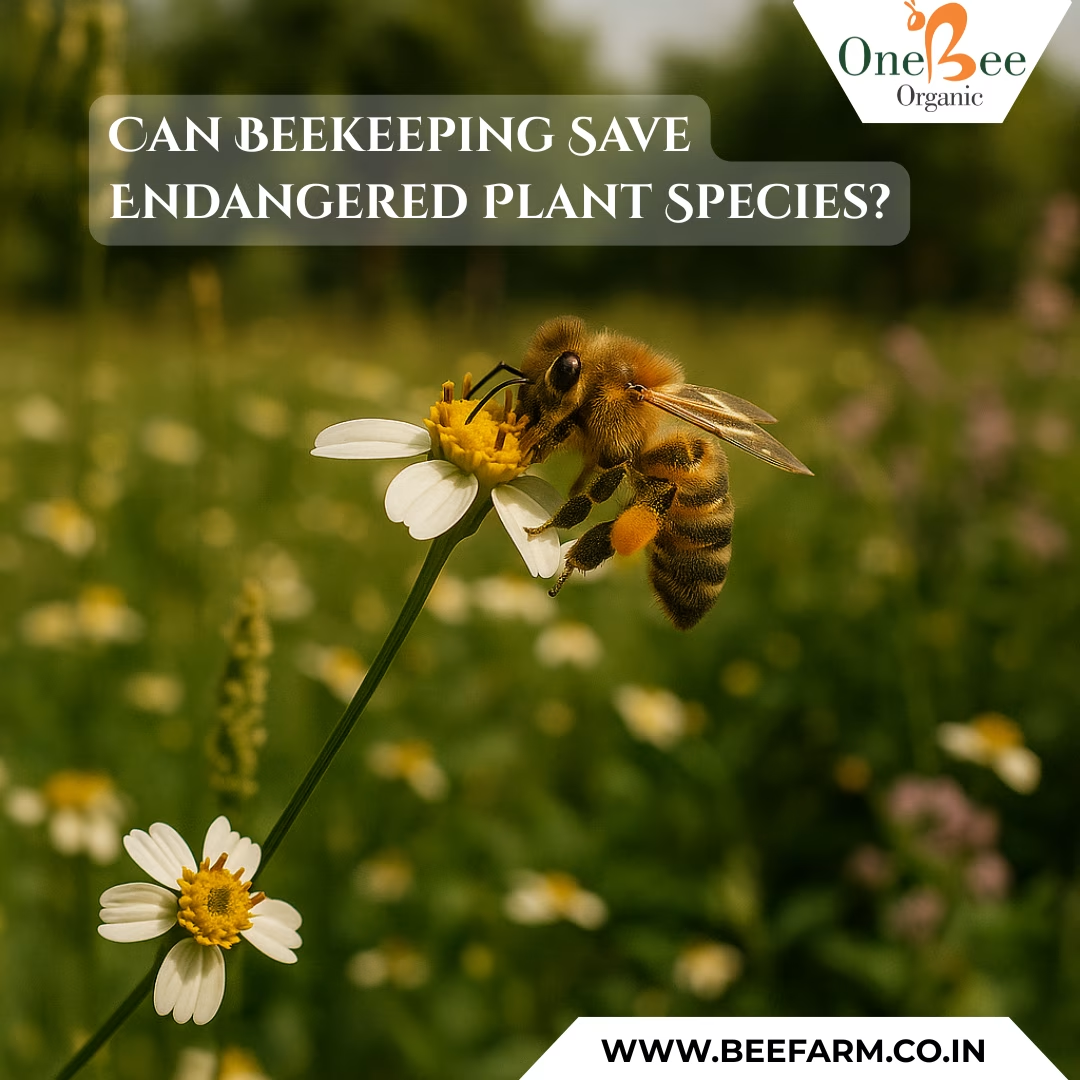

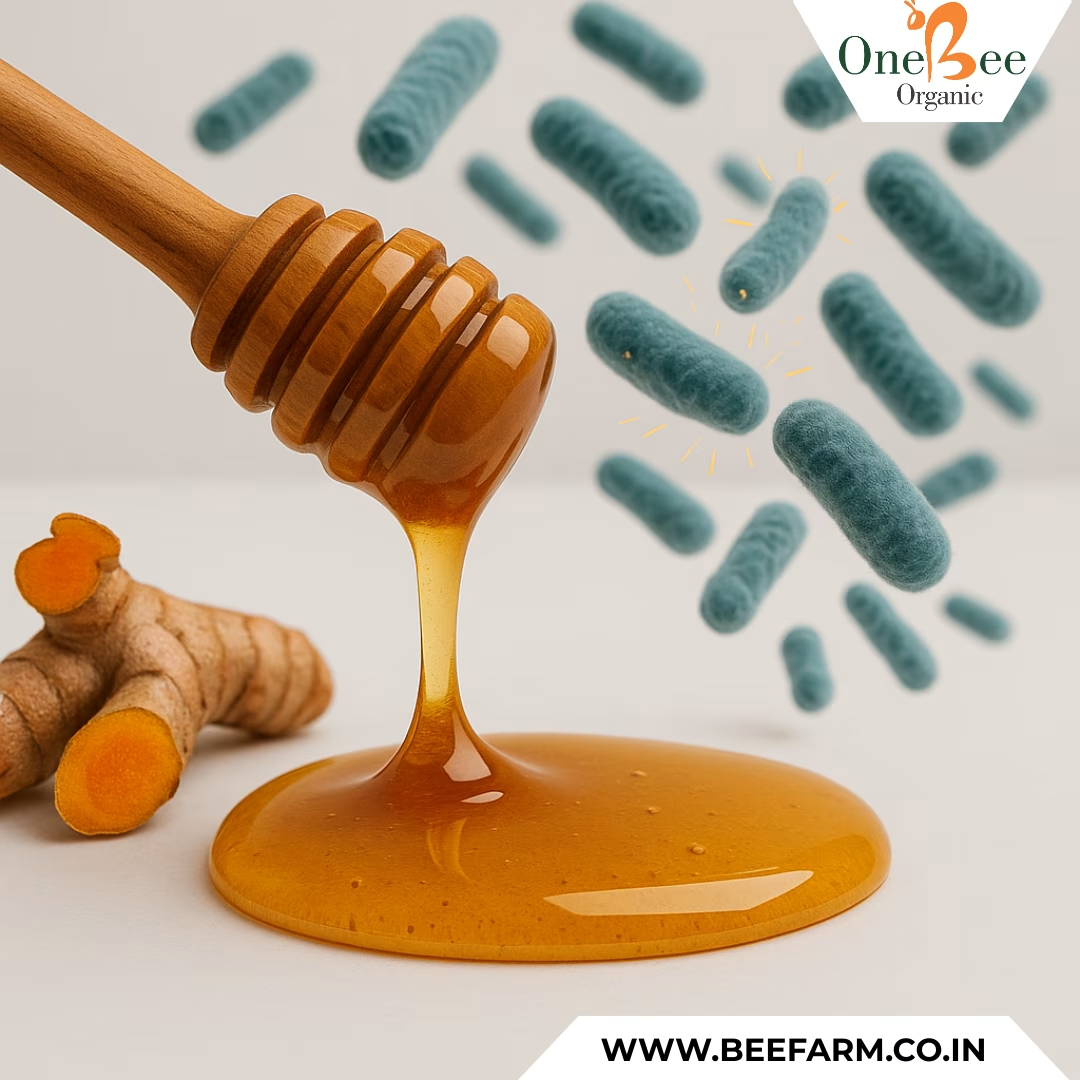

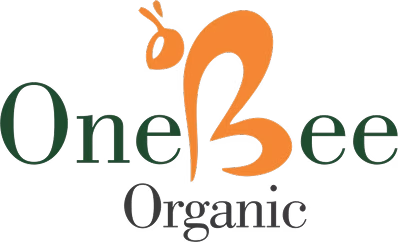
Leave A Comment